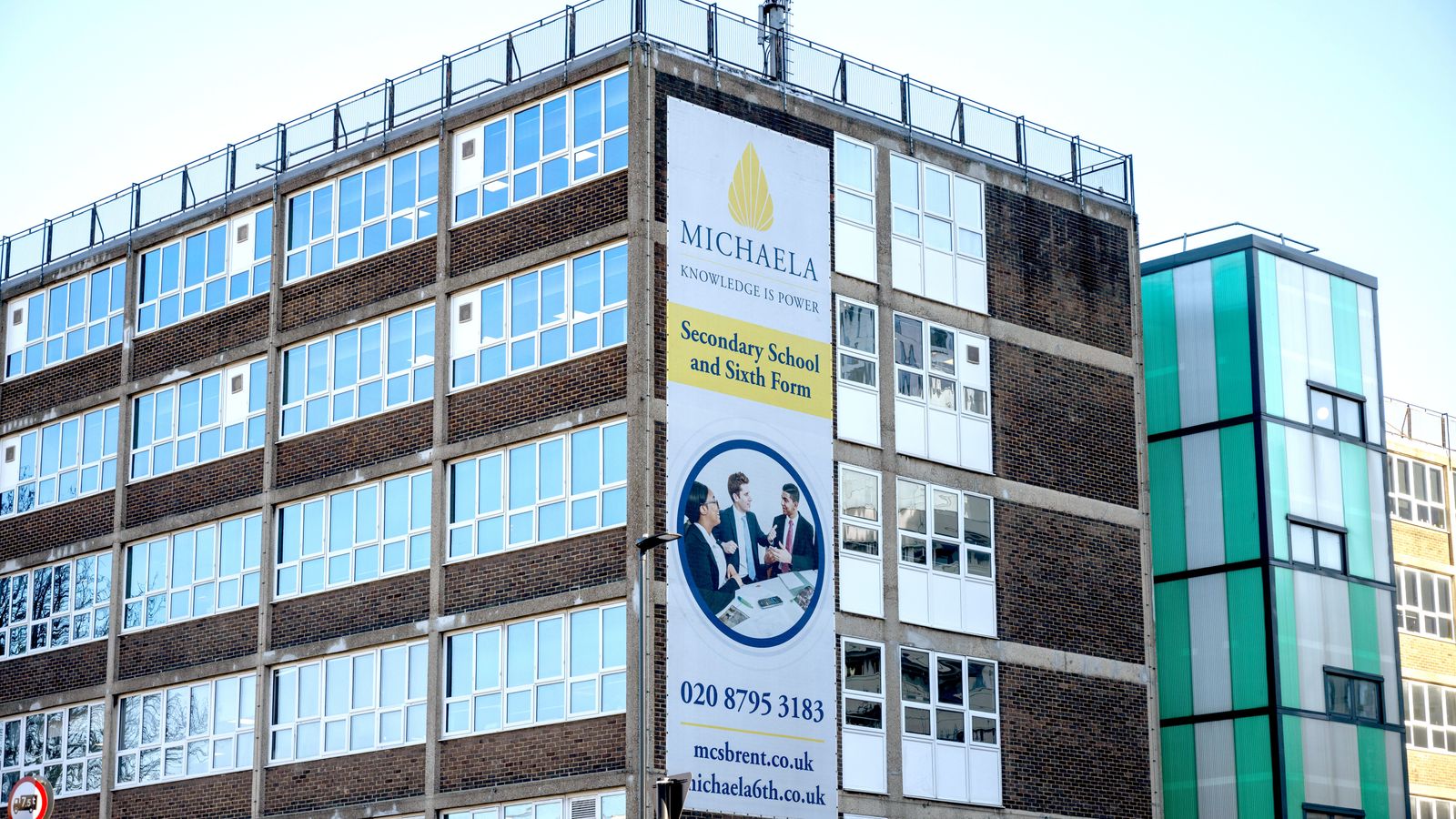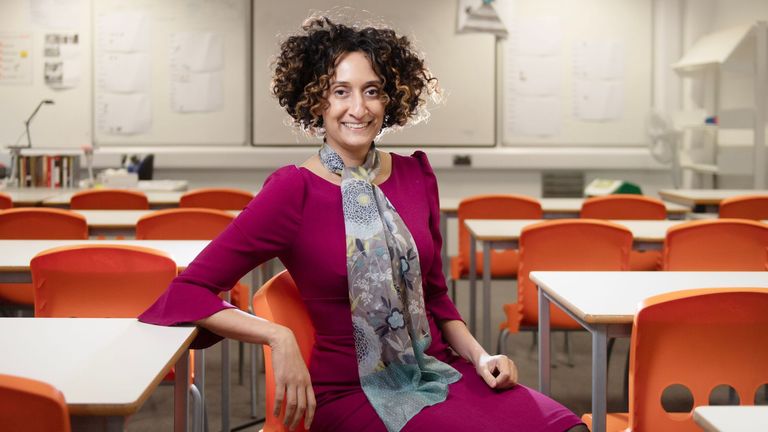A Muslim student has lost a legal challenge against a school previously dubbed Britain’s strictest over its ban on “prayer rituals”.
The pupil, who cannot be named for legal reasons, took the action against Michaela Community School in Brent, north London, claiming the policy “uniquely” affects her faith, with prayer one of its five pillars.
The High Court heard in January how she alleged the school’s stance is “the kind of discrimination which makes religious minorities feel alienated from society”.
Defending the policy, lawyers for the school argued it is “justified” and “proportionate” after it faced death and bomb threats linked to religious observance on site.
During a two-day hearing, the school’s headteacher Katharine Birbalsingh – commonly referred to as Britain’s strictest – said on X it was defending an environment “where children of all races and religions can thrive”.
The school has around 700 pupils and roughly half are Muslim.
Following the ruling, education minister Gillian Keegan described the school as “outstanding” and said headteachers are “best placed to make decisions”.
In a written judgement, Mr Justice Linden said: “It seems to me that this is a case… where the claimant at the very least impliedly accepted, when she enrolled at the school, that she would be subject to restrictions on her ability to manifest her religion.
“She knew that the school is secular and her own evidence is that her mother wished her to go there because it was known to be strict.
“She herself says that, long before the prayer ritual policy was introduced, she and her friends believed that prayer was not permitted at school and she therefore made up for missed prayers when she got home.”
Ms Birbalsingh, a former government social mobility tsar, introduced the policy in March 2023, after up to 30 students began praying in the school’s yard, using blazers to kneel on.
Lawyers for the school said students seen praying outside contributed to a “concerted campaign” on social media over the school’s approach to religion.
The court heard the school was targeted with a “bomb hoax”, death threats, abuse and “false” allegations of Islamophobia.
Reversing the school’s “emergency” ban would again expose it to “an unacceptable risk of threats”, they said, adding it avoided “the logistical disruption and detriments to other school activities”.
But the court was also told the pupil is making a “modest” request for permission to pray for around five minutes at lunch time, on dates when faith rules required it, but not during lessons.
The student also challenged allegedly unfair decisions to temporarily suspend her from school, which the judge upheld.


